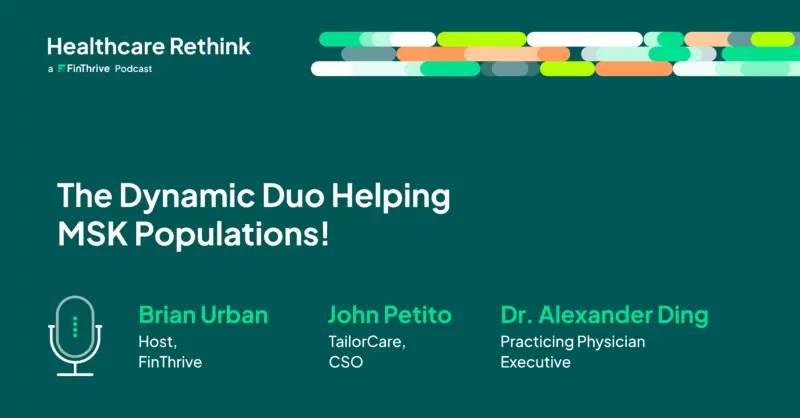What is Patient Experience Data Why Do We Collect It
At Carevive, we are dedicated to harnessing the transformative potential of patient experience data and its value across the healthcare ecosystem. Patient experience data offers a holistic, longitudinal view of cancer patients throughout their treatment journey, encompassing vital aspects like symptoms, quality of life, physical function, and other critical outcomes.
We firmly believe that patient experience data is the future of healthcare delivery, paving the way for significant improvements in cancer care and patient outcomes. From drug development to reducing the cost of care, every stakeholder benefits from the insights gleaned from this data. Clinicians can streamline workflows, enabling access to patient-reported outcomes and automated patient management, including remote monitoring.
Moreover, comprehensive patient experience data allows for improved transparency across the care team, eliminating communication barriers and streamlining symptom management and triage processes. This empowers healthcare professionals to focus efficiently on the patients who need them the most, precisely when they need them.
We are committed to keeping you updated and transparent about how Carevive perceives and defines the additional value that patient experience data brings to the oncology market. Join us on this transformative journey as we explore the full potential of this data, making a positive impact on cancer care for patients and providers alike. Together, let’s shape a future of personalized and efficient cancer care.



